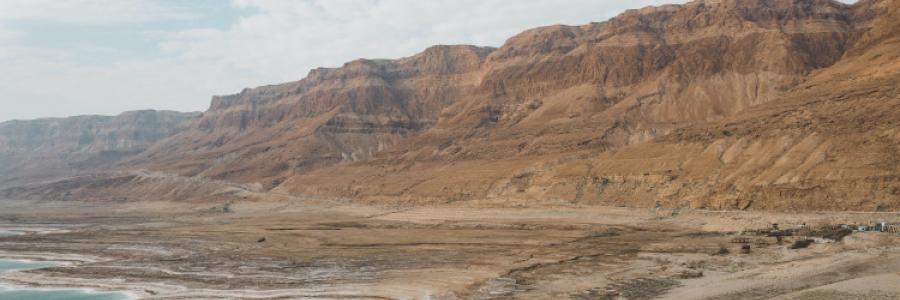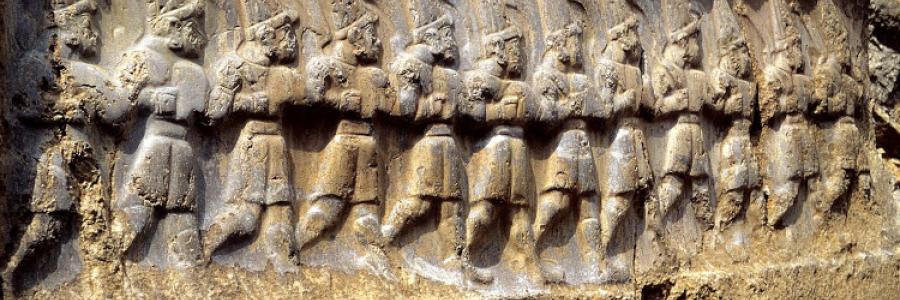Worship Then and Now
Worshiping God is fundamental to God’s people. He wants the redeemed of all ages to honor and serve Him with reverence and joy. Unfortunately, worship is one of the most controversial subjects in churches today. Instead of worship uniting the church, “worship wars” have scarred denominations and fragmented the church. These types of disputes are nothing new. The fault lines of worship controversies have marred nearly every turning point in church history.





Discussion